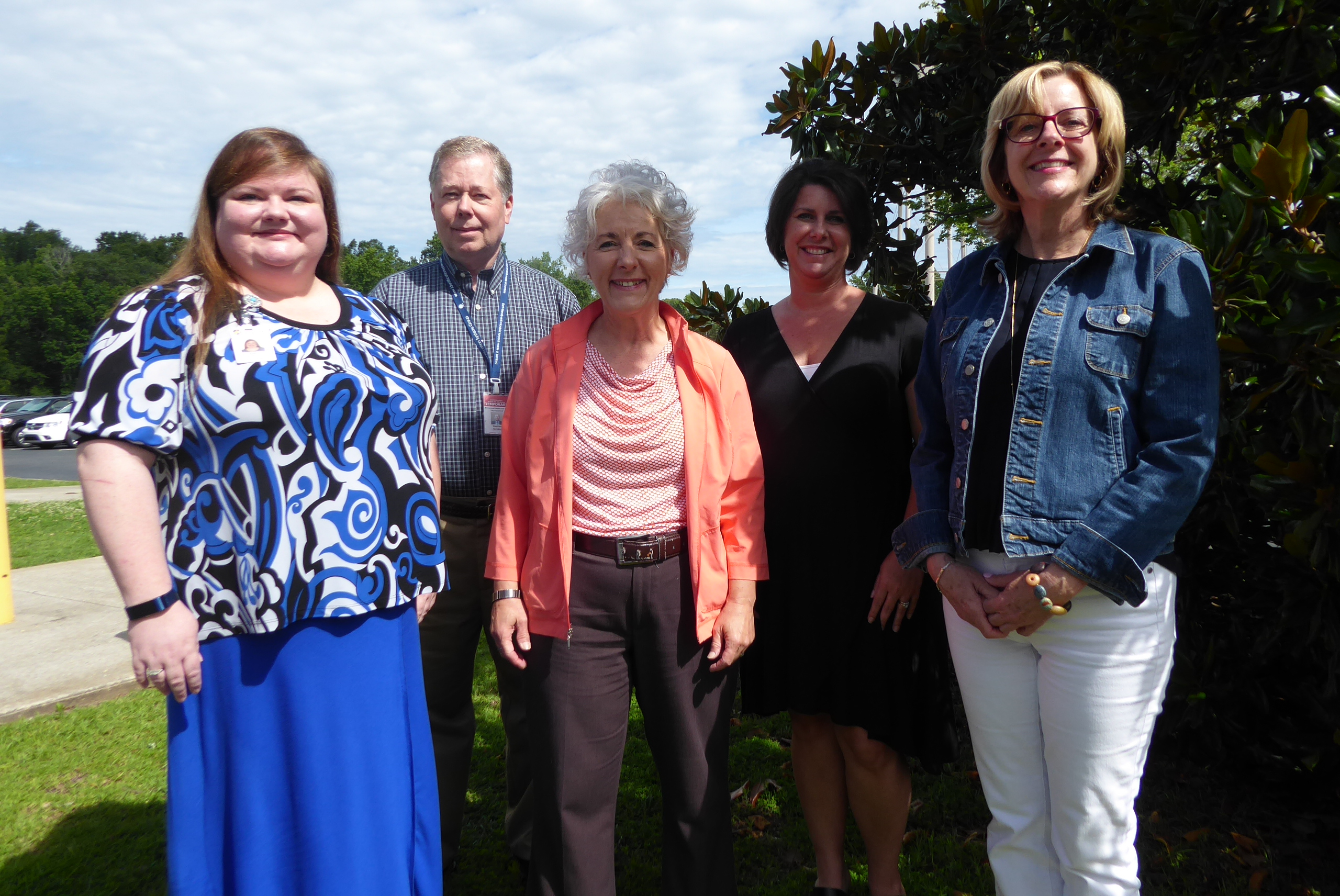In 2015, under the leadership of Monica Johnson, Director of the Division of Behavioral Health, and Dawne Morgan, Director of Federal Grant Programs and Special Initiatives, DBHDD began developing the Listening, Inspiring, and Guiding Healthy Transitions Early Treatment Program (LIGHT-ETP), to bring Coordinated Specialty Care services to Georgia’s young adults ages 16-30.
Coordinated Specialty Care (CSC) is an evidence-based approach to providing team-based, integrated treatment to young people in the early stages of severe mental illness, with the goal of reducing disability and promoting long-term recovery.
Recognizing that many individuals with conditions such as schizophrenia and bipolar disorder experience the first symptoms of illness during adolescence and young adulthood; and that many encounter long delays before receiving effective, evidence-based treatment, LIGHT-ETP is an ambitious effort to address the needs of young people and their families at a critical point in their lives.
The goals of LIGHT-ETP include early detection of psychosis; rapid access to coordinated, team-based, specialty care; recovery-focused interventions; and youth- and young-adult-friendly services that emphasize engagement, person-centered planning, shared decision making, assertive outreach, and family involvement.
The services offered by these multi-disciplinary teams include psychotherapy, case management, supported education and employment, peer support, family support and education, medication management, and primary care coordination. The intended outcomes: a reduction in the duration of untreated symptoms and illness; reduction in unnecessary hospitalizations; and improved clinical, social, and academic/occupational functioning.
Research conducted worldwide over the past two decades supports the value of early intervention following an initial episode of psychosis. In the U.S., findings from the National Institute of Mental Health’s RAISE (Recovery after Initial Schizophrenia Episode) Study (https://www.nimh.nih.gov/health/topics/schizophrenia/raise/state-health-administrators-and-clinics.shtml) which was launched in 2009 spurred the implementation of CSC services in community settings throughout the country.
Over 150 young people have been served in DBHDD’s Coordinated Specialty Care programs, which are currently offered by four Community Service Boards and are funded through the Substance Abuse and Mental Health Service Administration’s Community Mental Health Block Grant. Advantage Behavioral Health Systems in Athens, Aspire in Albany, and River Edge in Macon now have Coordinated Specialty Care programs. View Point Health in Metro Atlanta has two CSC teams, one serving DeKalb and Fulton counties, the other serving Gwinnett County. McIntosh Trail, in Region 6, will have a CSC program operating within the next few months.
Hospitalization rates and legal system involvement have substantially decreased for young people in DBHDD’s CSC programs, and the focus on education and employment has resulted in many program participants remaining in or returning to school, and finding and keeping meaningful work.
For further information on the LIGHT-ETP initiative, or to make a referral to a Coordinated Specialty Care program, please contact Project Coordinator Ellen Dean at ellen.dean@dbhdd.ga.gov.
